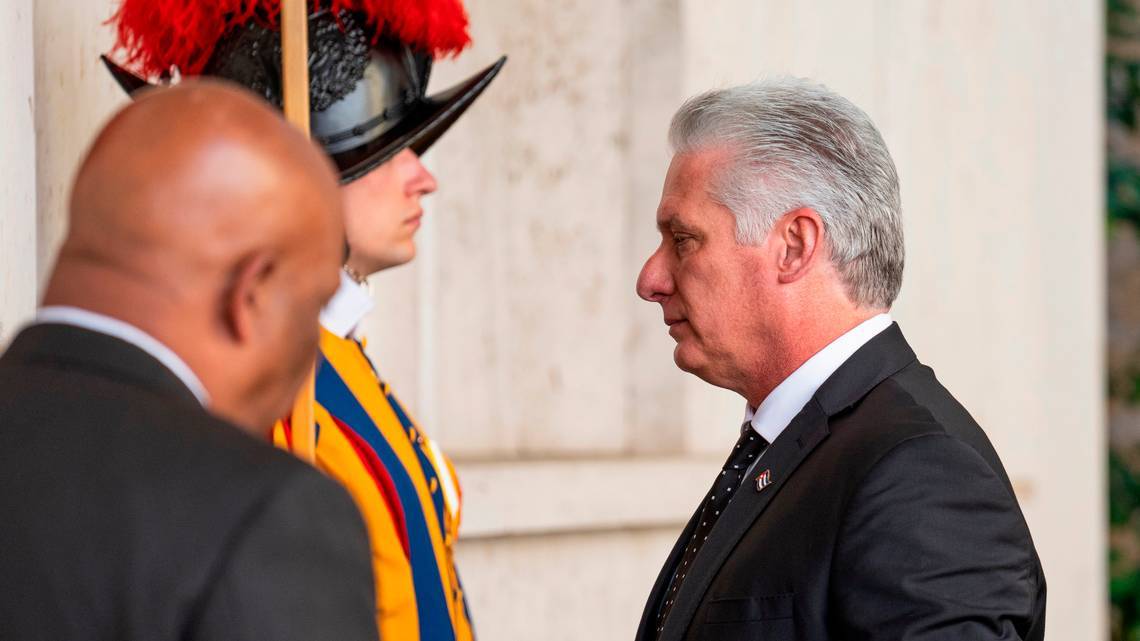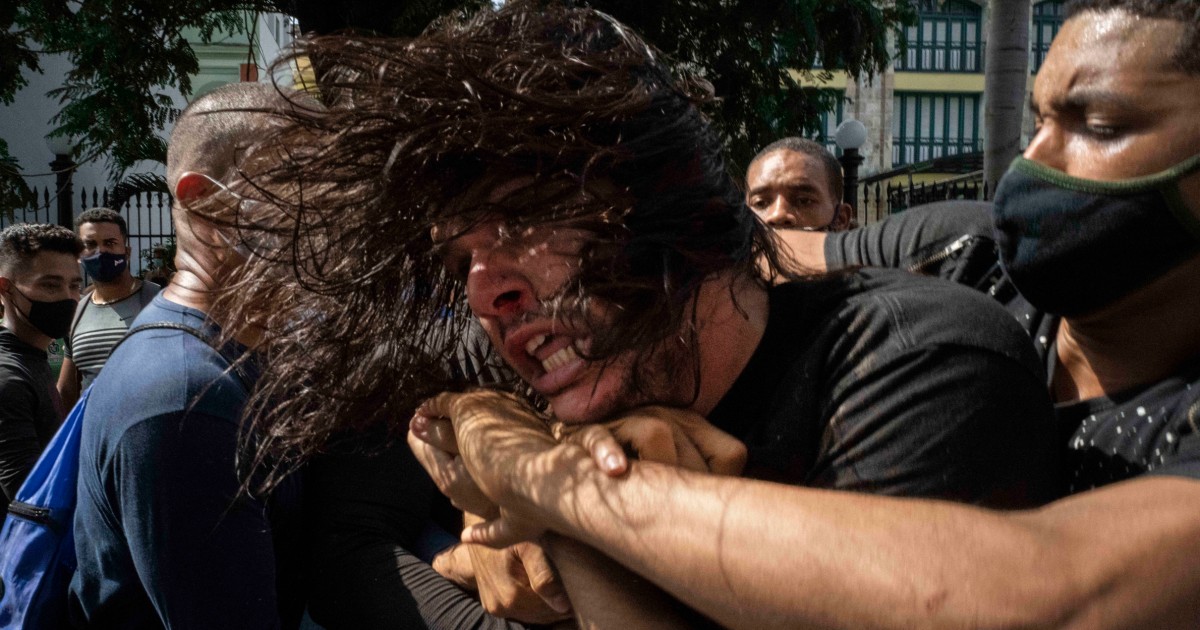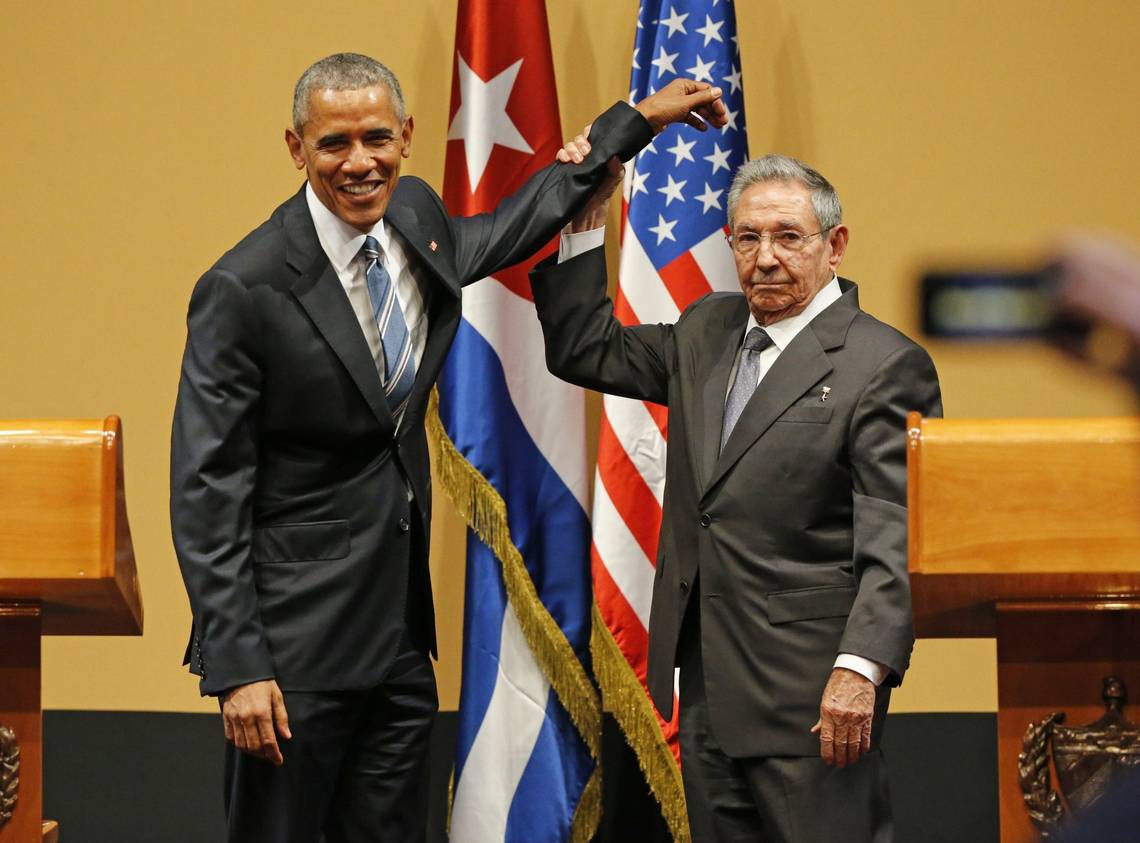Politique
Cuba: Where ‘Merchant’ Is a Dirty Word
Photo by Silvia Corbelle If reality could personify itself, climb into a body, have physical contours. If a society could be represented by a living being, ours would be a growing adolescent. Someone who will stretch out his arms and legs and throw off paternalism to become an adult. But that beardless boy is wearing clothes so tight they hardly let him breathe.


Photo by Silvia Corbelle
If reality could personify itself, climb into a body, have physical contours. If a society could be represented by a living being, ours would be a growing adolescent. Someone who will stretch out his arms and legs and throw off paternalism to become an adult. But that beardless boy is wearing clothes so tight they hardly let him breathe. Our daily life has been compressed by the corset of a legality with excessive prohibitions and by an ideology as outdated as it is dysfunctional. This is how I would draw the Cuba of today, this pubescent but repressed form would represent the context I live in.
The governmental trend is not moving to recognize our needs for economic and political expansion. Rather it is trying try to squeeze us into absurd molds. This is the case with the limited occupations allowed to self-employed workers, the sector that in any other country would be classified as « private. » Instead of expanding the number of licenses to included many other productive activities and services, the authorities are trying to cut reality to fit within the accepted list. The law doesn’t work to encourage creativity and talent, but rather to constrain the limits of entrepreneurship.
The latest example of this contradiction is seen in the operations against those who sell imported clothes, primarily from Ecuador and Panama. According to the official media, many of these merchants are licensed as « Tailors, » which allows them to market articles coming from their own sewing machines; and instead they offer industrially manufactured blouses, pants and bags. Violators are punished by confiscation of their merchandise plus heavy fines. The inspectors attempt, in this way, to force our reality into the straitjacket regulated by the Official Gazette.
Why, instead of so much persecution, don’t they authorize the work of « merchant. » Buying, transporting and reselling articles in high-demand should not be a crime, but rather a regulated activity that also contributes to the treasury through taxes. To deny this key piece in the machinery of any society is to misunderstand how to structure its economic fabric. The legal framework of a nation shouldn’t condemn it to the infancy of timbiriches — tiny Mom-and-Pop stands — and to the manufacture and sale of churros, but rather it should help us expand professionally and materially. As long as the Cuban government doesn’t accept the ABCs of development, our reality must grow and stretch its arms towards illegalities and the underground market.
My blog, GENERATION Y, has moved: READ IT HERE.
Read me and other Cuban bloggers on TRANSLATING CUBA.
And here is a link to my blog IN OTHER LANGUAGES.
Continue reading here:
Cuba: Where ‘Merchant’ Is a Dirty Word
Politique
L’UE se tirera une balle dans le pied si elle réserve un accueil honorable au dictateur cubain | Avis

L’UE se tirera une balle dans le pied si elle réserve un accueil honorable au dictateur cubain | Avis
Politique
À Cuba, peu de changement deux ans après des manifestations historiques

À Cuba, peu de changement deux ans après des manifestations historiques
Source : À Cuba, peu de changement deux ans après des manifestations historiques
Politique
Le capitalisme revient à Cuba ? Comme toujours, c’est difficile à dire | Avis

Le capitalisme revient à Cuba ? Comme toujours, c’est difficile à dire | Avis
Source : Le capitalisme revient à Cuba ? Comme toujours, c’est difficile à dire | Avis






